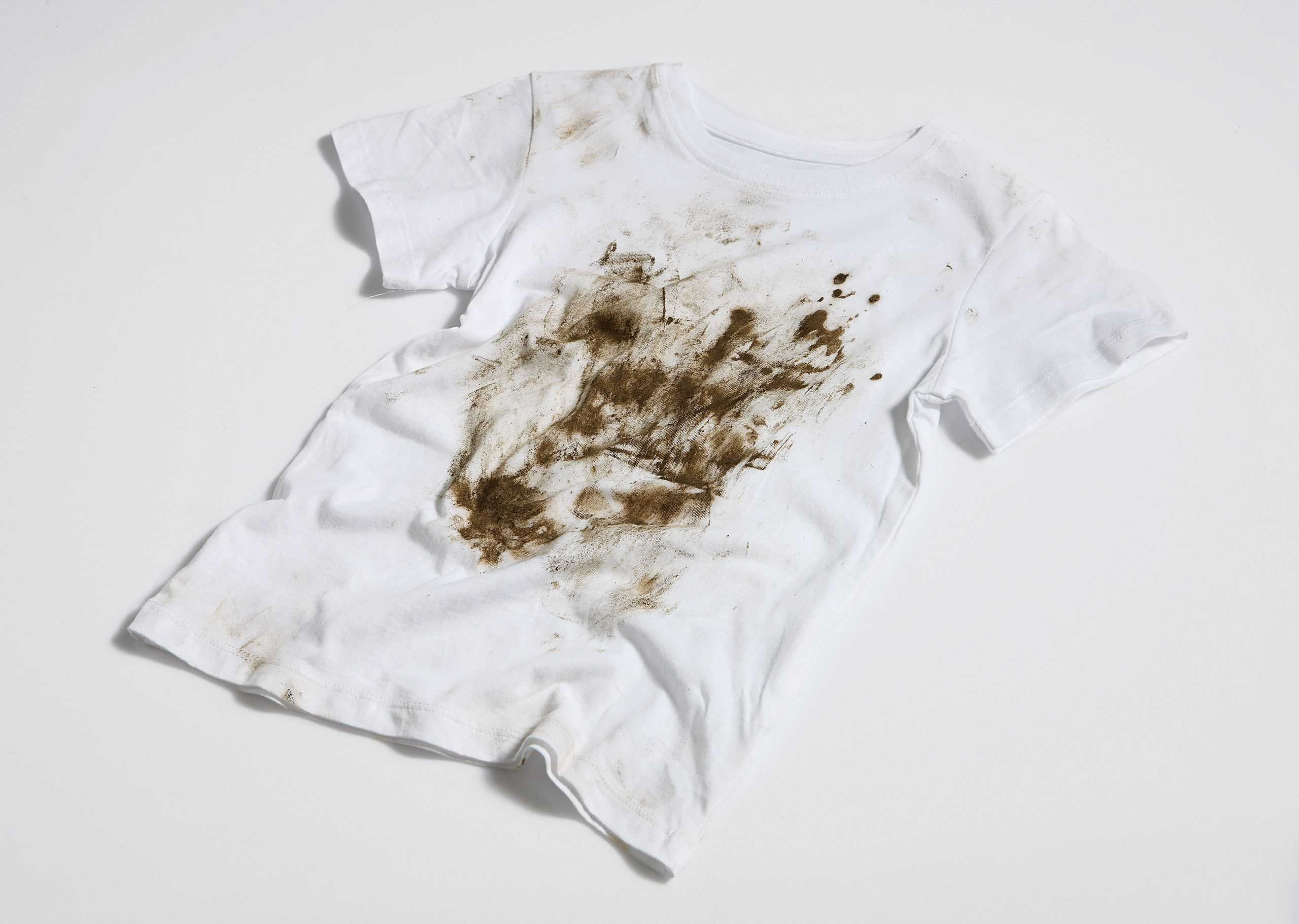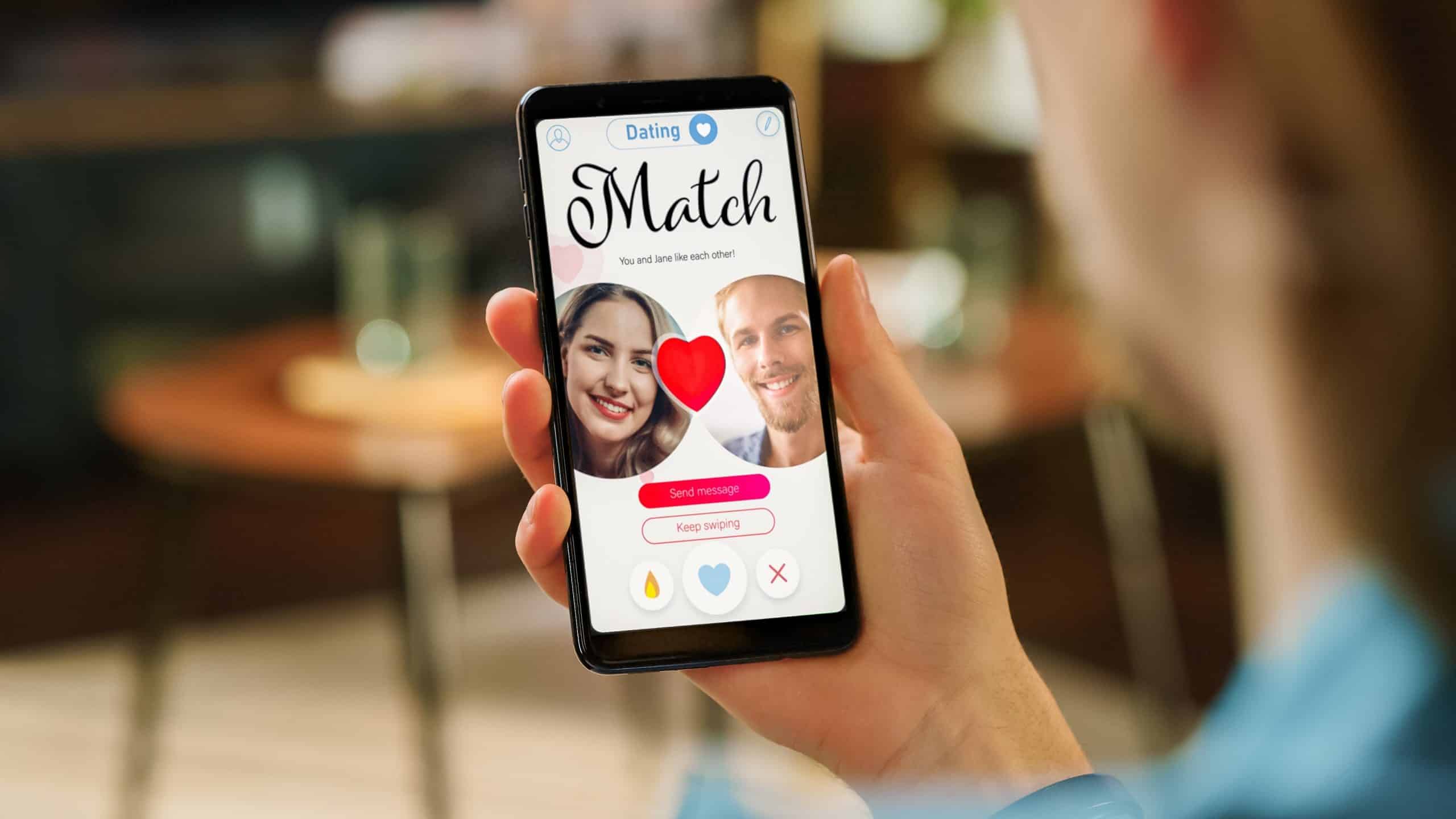Each region of the United States has slang people talk with, and New York City is no different. There are plenty of phrases only people from New York City understand. Because New York City is a melting pot, it has more slang than most other places. There’s tons of European slang brought from the various countries people move from. New York City is also home to a large Caribbean population. Whenever people relocate to New York City from the islands, transplants bring their slang.
One term that confuses people from everywhere outside of New York City is “mad.” Typically, whenever someone hears the word “mad,” their first impression is that it’s about anger. However, whenever someone from New York City says “mad,” there’s a chance they actually mean “very” or “really.” It’s normal to hear a sentence like, “That’s mad expensive” whenever walking around the Big Apple.
Another slang term people from New York City would understand is “bet.” Most people around the world use the word “bet” whenever talking about gambling. Whenever a New Yorker says it, though, they’re actually saying they agree with you. A conversation might start with, “Should we meet at Jim’s place tonight?” The other person would respond, “Bet.” It would be their way of agreeing. For more slang to keep up with, click here to read about Gen-Z slang nobody else understands.
To compile this list of New York City slang no one else understands, 24/7 Tempo consulted New York-related sources. These include Berlitz, Freedom Care, and FluentU.
Mad

Whenever most people hear the word “mad,” they usually associate it with someone angry or upset at something. However, in New York City, the word “mad” means “very” or “really.” Sentences like “That food is mad expensive,” are part of normal conversations in New York. If you’re ever walking around and hear the word “mad” in New York City, don’t automatically assume it means upset or angry.
Bet

If someone outside of New York City says “bet,” it’s safe to assume that they’re referring to gambling money on a casino game of some kind. However, in New York City, “bet” is said whenever someone’s agreeing to do something. There are multiple times when the word comes in handy for New Yorkers. “Do you want to watch the basketball game tonight?” someone might ask. Their friend could respond with, “Bet” as a way of saying yes. That’s a conversation two people from New York would easily understand.
Ratchet

Most of the time, the word “ratchet” is used to define a tool that someone would reach for while building something. In New York City, it’s commonly said whenever someone annoying, obnoxious, or low-class is around. For example, “Why is he acting like that? He’s being really ratchet,” is something New Yorkers would say as an insult. The word “ratchet” can be used as a way to get underneath someone else’s skin.
Dead

The word “dead” is usually associated with someone who’s died. It’s typically terrible to say that you or someone else is dead. However, in New York City, the word “dead” refers to something hilariously funny. “That joke was so funny, I’m dead,” is how plenty of people from the Big Apple respond whenever they want to emphasize how comical something was to them.
Cop

If you ever see a “cop,” that means you’re in the presence of someone who works in law enforcement. For people in New York City, there’s a completely different use of the word “cop.” If you’re looking to “cop” something, it means that you have an intention of buying it for yourself. “I want to cop those shoes so badly when they come out,” is what New Yorkers who love shoes might say before a new release.
Nah Yeah

The use of “nah yeah” is confusing to someone if they aren’t from New York. The two seemingly cancel each other out, meaning there’s uncertainty about what the person actually wants. If someone from New York responds to you with this, it means yes. They’ve thought it through and their final answer is the one they’re sticking with. An answer to,”Do you want to go out tonight?” might be, “Nah yeah.” This conversation is how two people would decide on a plan to go do something together.
Yeah Nah

The same concept applies to “yeah nah.” At first, it might seem like the person is responding with a yes answer, but that’s not the case. Much like with “nah yeah,” “yeah nah” means the person doesn’t want to do what they’re being asked to do. “Should we order a pizza?” one person might ask. Their friend’s response of “Yeah nah” means that the person is craving something else to eat. Simply remember that the last word said between the two is what the person actually wants.
Real Talk

Whenever someone is telling a story that seems impossible to believe, the people listening often question it. That’s when a storyteller from New York would reply with “real talk.” If someone says that, it means that they’re being serious and not messing around at all. “Real talk, I saw Michael Jordan walking down the street yesterday, and he gave me a fist bump.” The “real talk” adds to the validity of the story whenever it’s in there.
Cringe

At some point in everyone’s life, they’ve done something they’re not proud of. Most people have made mistakes that are uncomfortable to think about. New Yorkers coined the phrase “cringe” when describing a scenario like this. Most of the time, people also shrivel their body to add more emphasis to the word. “I can’t believe I went on a date with that guy. It’s so cringe to think about,” is how a girl might describe a bad date to her friends after she’s done with it.
Shook

There are some days when something so shocking happens, that you have no idea what to say or how to respond to it. If something leaves you speechless, a New Yorker would say that you’re “shook.” There are countless ways to use the phrase properly. A New Yorker with recent good news from their job might say, “I’m shook that I got a raise today.” It can be either good or bad, depending on the event that shocked you.
Sus

Some slang comes from shortening the original word, while keeping the same meaning. There are tons of things in the world that are suspicious to a lot of people. Instead of saying the full word, New Yorkers shortened “suspicious” to “sus.” Oftentimes, “sus” follows something that’s really shocking or surprising. “It’s sus that he hasn’t texted me back, even though he read my message an hour ago.”
Crusty

There are plenty of things in the world that people don’t want to acknowledge, whether it be how they look or how old they are. Clothes are a popular thing to call “crusty,” especially if they haven’t been washed. They might be described as “crusty” if they are on sale for a cheap price. “I don’t want that crusty shirt because it won’t look good on me at all,” is how someone from New York might comment on their displeasure with the styles in front of them.
Thirsty

The dating scene in 2024 is tough for a lot of people, but that doesn’t mean everyone is backing down. Some people are more open and vocal about their availability than others, though. If you’re desperate for attention from the group of people you’re attracted to, then you might be labeled as “thirsty” for attention. “Did you see what she posted the other day on Instagram? She came off really thirsty,” is how a group of people might react to a social media post.
Finna

There are countless ways to let someone know you’re going to follow through with something. New Yorkers have their own slang word for claiming they’re ready to do anything. If a New Yorker says “finna,” it means you can count on them to do whatever it is they say they’re going to do. “I’m finna do my homework after I finish this video game level,” is how a child from New York might respond to their parent asking them to handle their responsibilities.
Trippin’

In 2024, social media is one of the largest brands in the world. That being said, whenever you do something weird or crazy, it might be caught on camera. If you’re someone who does something strange or weird, people from New York will say that you are “trippin’.” Be wary of anyone who might be filming content around you. Otherwise, you might hear someone say, “What were they doing? They were trippin’ right there.”
A Minute

If someone from New York says that it’s been “a minute,” they don’t actually mean 60 seconds. Even though it sounds like it’s only been a short-while since they’ve seen you, that’s not what they’re saying. “A minute” refers to a much longer period of time. “Can we go get some pizza? It’s been a minute since I’ve had any.” Don’t think that “a minute” means an actual minute because you’ll be lost in the conversation before it even gets going. For more slang content, click here to read about Irish slang and phrases that confuses Americans.
